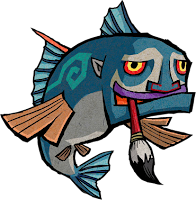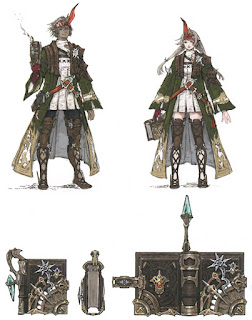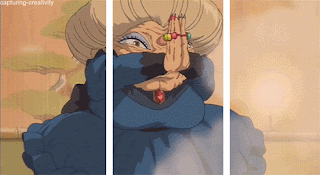The Saints of Honey and Salt are a faction of horrific holy biomantic sybarites. Their Houses of Honey and Salt are hospital-brothel-temple-laboratories where you can get just about any disease or injury cured, but also might get abducted and turned into goo. They might bring you back from the brink of death, or they might make your life the plot of The Thing and Fatal Attraction at the same time.
Saints of Honey and Salt
These are the saints you are most likely to meet in the street or the temple: the spies, the courtiers, the paramours, the healers.
Stats as dervish. Following abilities are cumulative with each rank:
- Servant: Can whisper Commands at will.
- Saint: +1 HD. Victims take d6 damage per round of skin-to-skin contact, no Save.
- Ecstatic: +2 HD. Can cast Charm Person at will on anyone standing close enough to smell their perfume (spear range)
- Delectator: +3 HD. Can cast Inflict Poison at melee range at will.
- Revelator: +4 HD. Immune to normal and silver weapons; only takes damage from cursed weapons and weapons coated with someone else’s blood.
- Casts spells as 6th level cleric. Always memorizes Fuse, a third level spell that causes the target to permanently combine with the next creature they touch as a chimera (save vs petrification to avoid, can be resolved with Remove Curse)
- Can heal a target for 1d6 HP by wounding itself (1d6 damage) and spraying them with the resulting blood, aspergilium-style.
Hungry Chrism
 |
| from Dark Souls 3 |
Sometimes, the ecstatic alchemical regimens of the Saints fail, and an acolyte becomes a quantity of Hungry Chrism (also known as holy slime, saintsblood, the Velvet Blessing) instead. In its true form, Hungry Chrism is the red of fresh blood, mucus-thick and bubbling with intent. It smells of rotting meat, jasmine, and sweat.
Holy Chrism generally remains loyal to the Saints of Honey and Salt, but its alien intelligence and traumatic birth makes it an unreliable ally–it is most often destroyed or sealed away in casks for particular tasks.
Stats as grey ooze, cannot deal damage, but enjoys a +4 bonus to grapple attempts.
Incarnation
Hungry Chrism at first appears as a person it has consumed, perhaps a little healthier and attractive than before, perhaps a little more bright-eyed and flushed. When a Hungry Chrism sheds its disguise, hidden seams open up around its skin, and its flesh unwinds itself from around its bones, oozing to the floor and leaving a clean skeleton behind. So long as it is still attached to a skeleton, it can assume the form of any creature it has consumed (as the Polymorph spell)
Assumption
If Hungry Chrism succeeds an attack roll after it has successfully grappled a creature, it forces itself into their body through their mouth, nose, eyes, and pores. There, it begins to insinuate itself through their tissue, replacing their substance with its own. So long as the Chrism lives in the victim, all natural and magical healing restores twice as many HP. However, once the total amount of HP healed exceeds the victim’s maximum HP, the Chrism has completely replaced their body, and the victim becomes an NPC Hungry Chrism with +1 HD and several more gallons of volume.
Expelling Hungry Chrism is beyond all but the most powerful magic or direct intervention by the Saints of Honey and Salt. However, the Chrism’s growth can be halted by cursing the victim–hexed flesh is immune to the slime’s ability to assimilate.
*Gauntlets of Ogre Power/Strength are vague in what they do or strictly mechanical. My rule for characters with inhuman strength doesn’t modify their ability scores at all: You can easily perform any feat of Strength a normal human is capable of and automatically succeed all such Strength checks. You only need to make Strength checks for tasks that would surpass the abilities of a single person. You can carry twice as many objects without being encumbered, as well. This does not confer any bonuses to combat. Initially came up with this for my Bound Djinni class.















